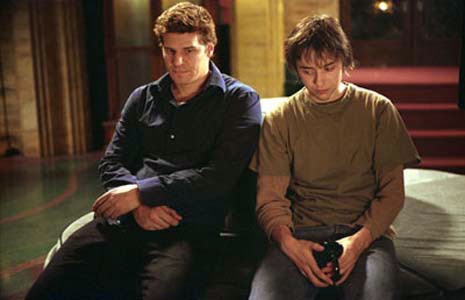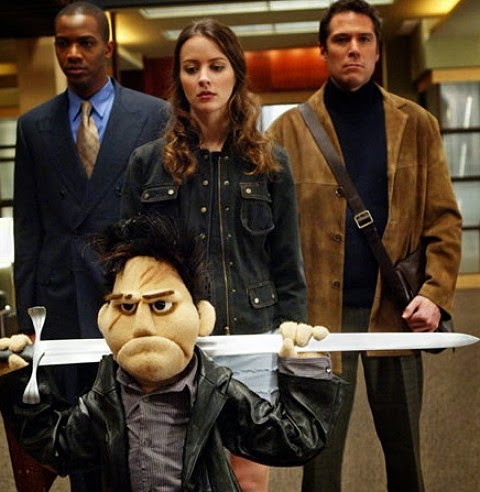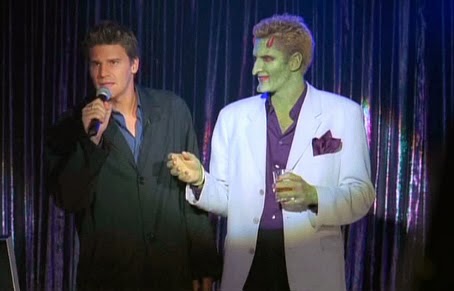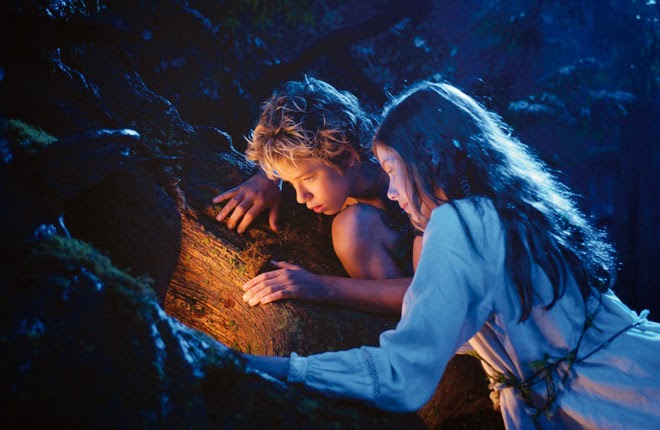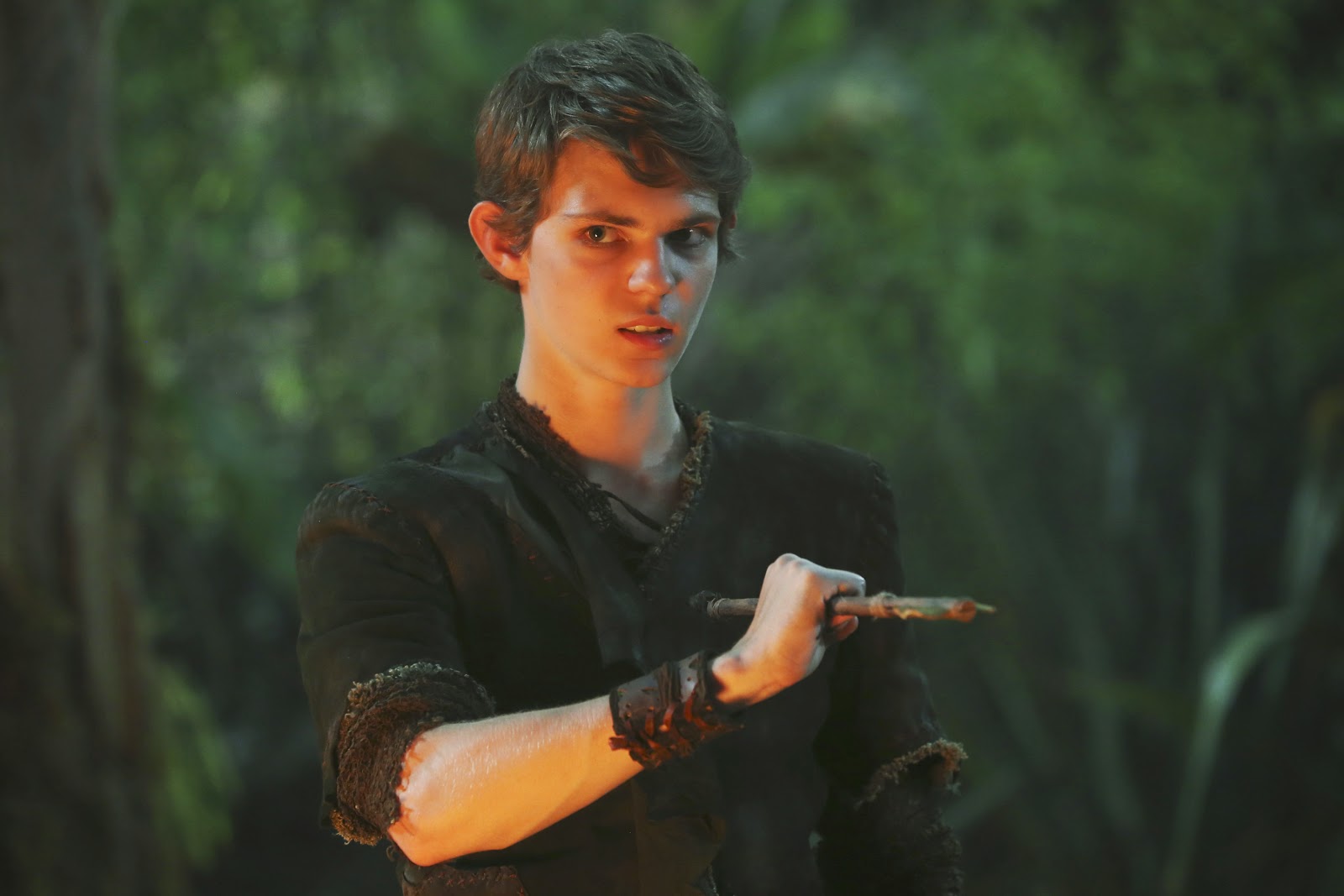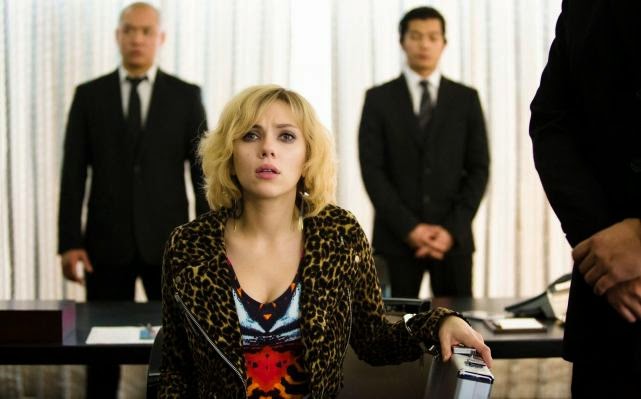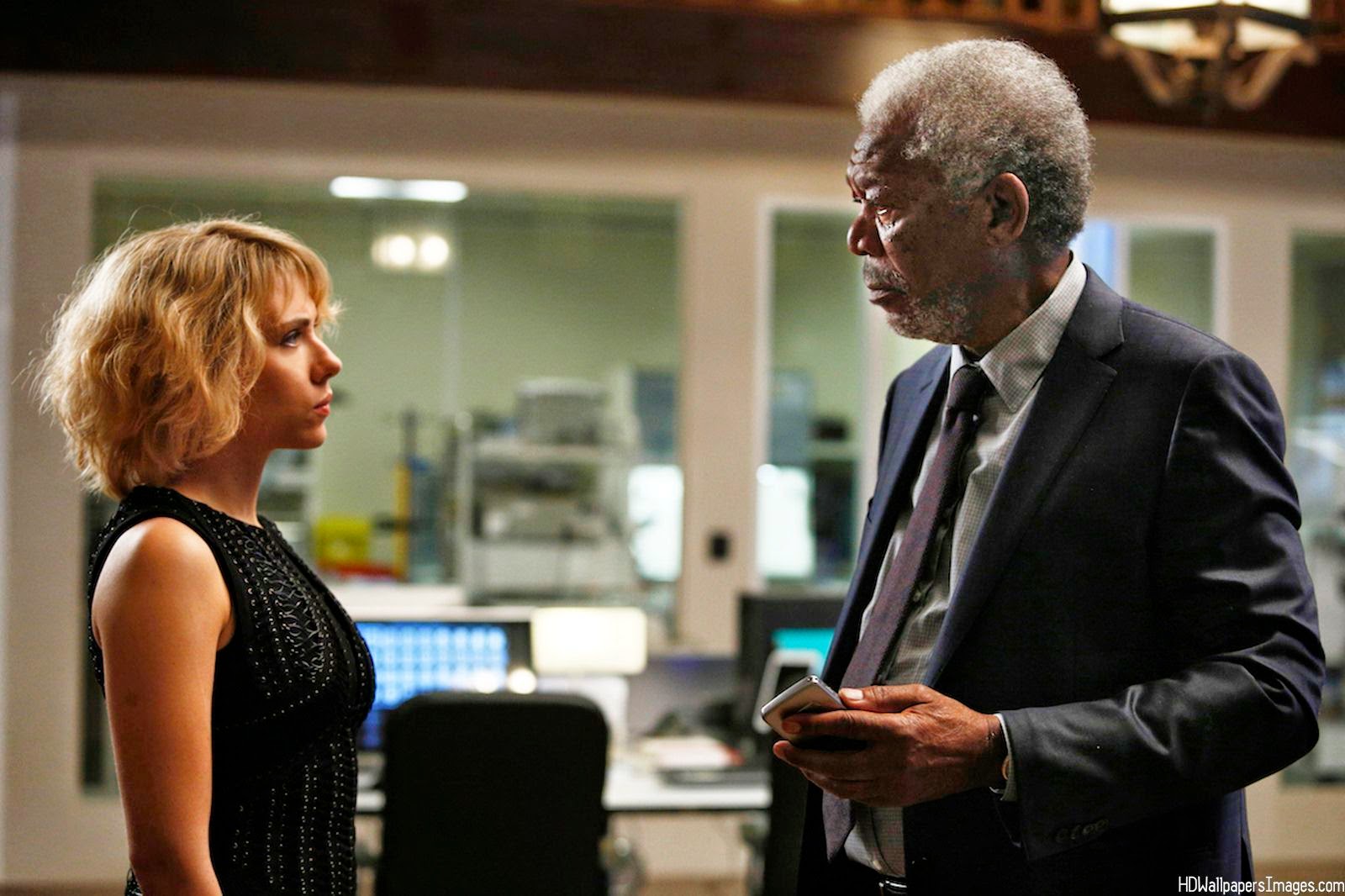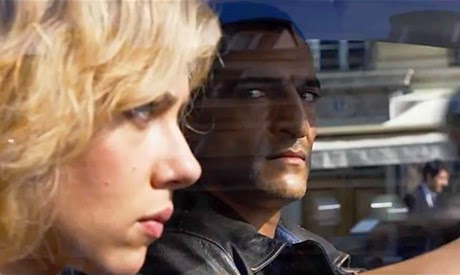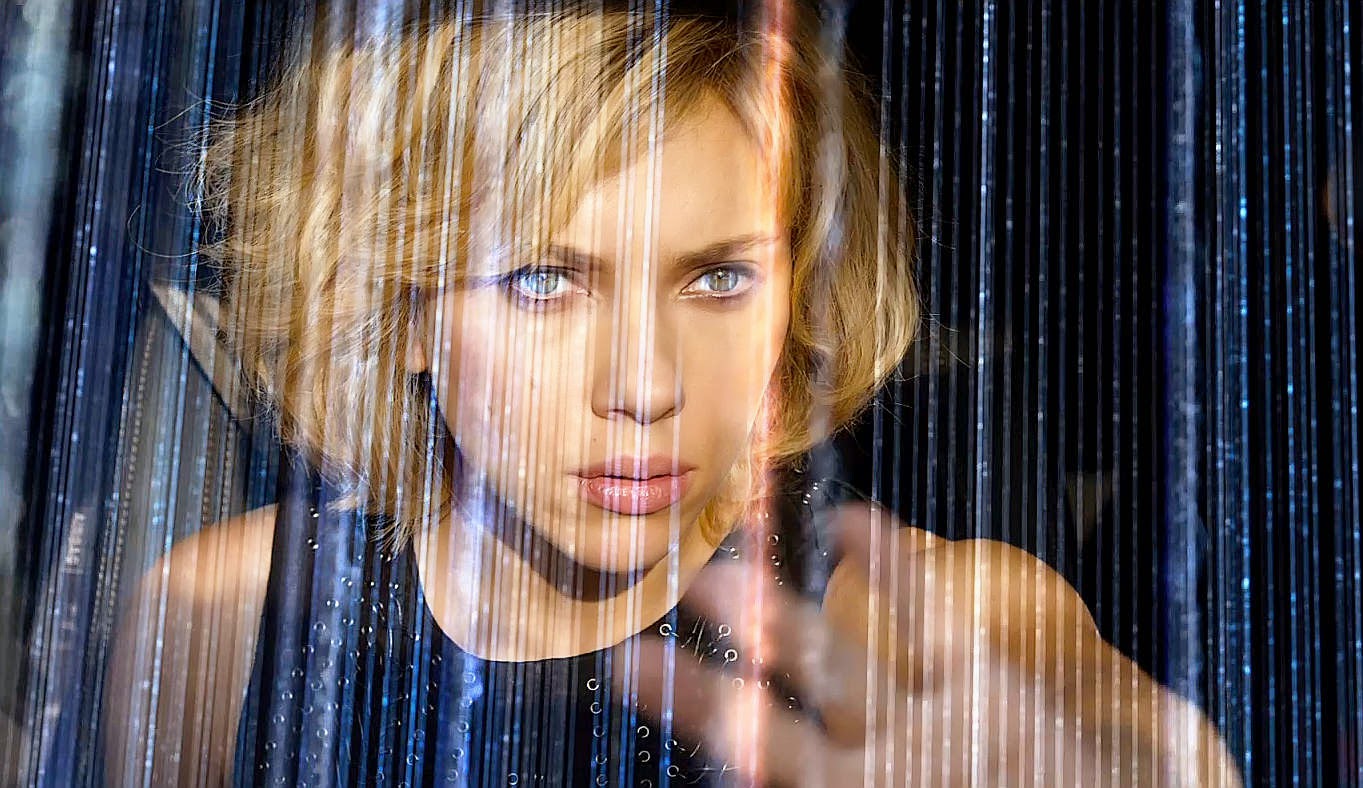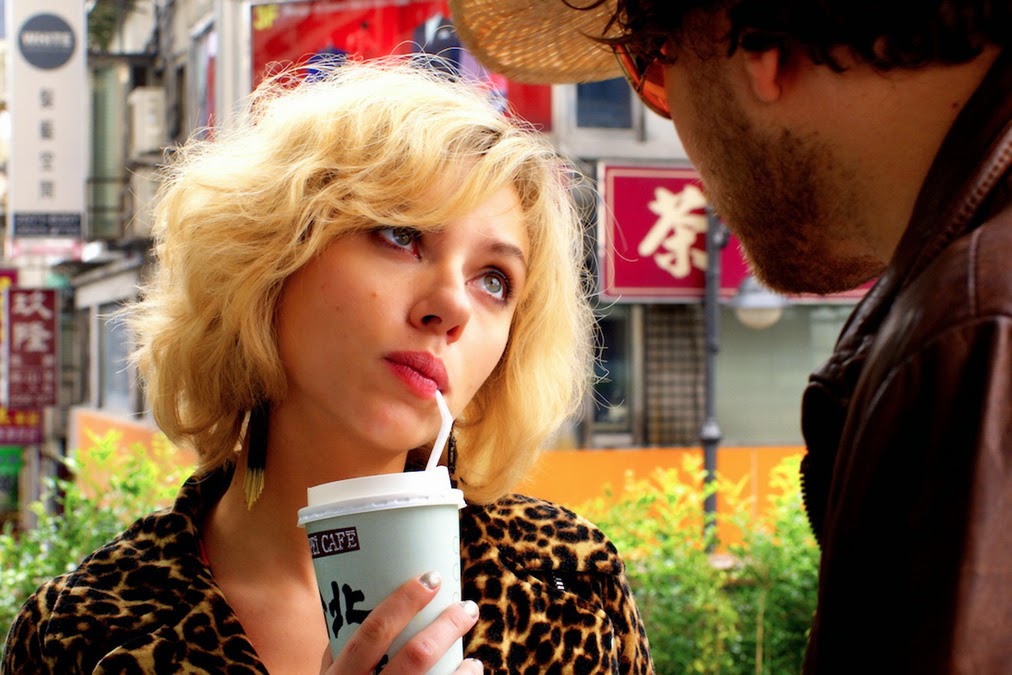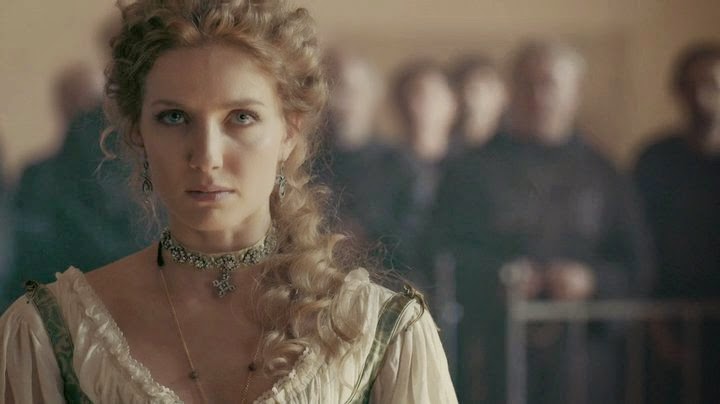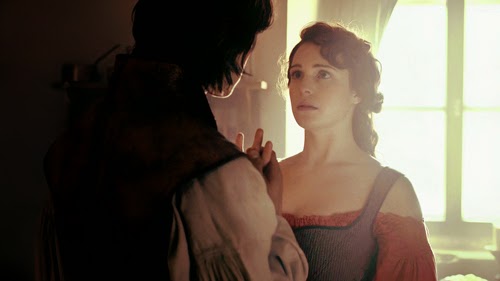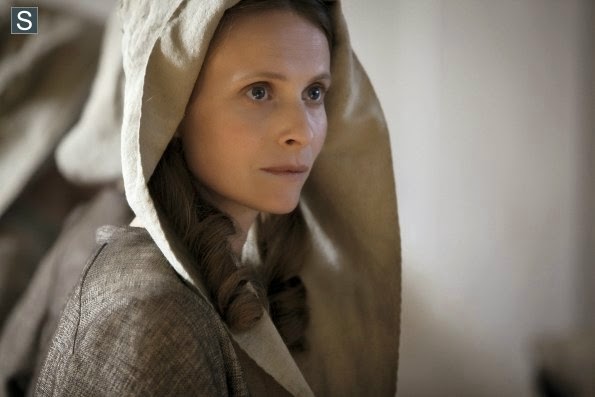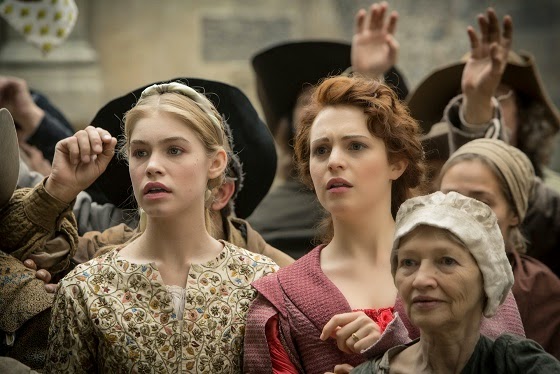Tris Prior is afraid of six things. Among them are drowning, being burned alive, birds, more drowning, being forced to kill the people she loves, and sexual assault.
It's funny (it's not very funny) because Tris is a soldier. She can take care of herself. She's a really good shot, great a throwing knives, and a solid hand-to-hand fighter. Heck, she even has mad strategy skills. She's a strong person, physically and mentally, so why is she afraid that her boyfriend is going to rape her? I mean, her boyfriend is practically a PSA on informed consent and respect, so why is she scared?
Divergent is, in a lot of ways, very similar to most other young adult dystopian novels/movies. It centers around one girl, Tris (Shailene Woodley), who is special in a certain way, and follows her as she rebels against her oppressive society and fights to change the rules so that everyone can enjoy a high level of bodily autonomy. Tris in particular is a girl who believes that the best way to protect people is to learn to fight and sacrifice for them, so she joins the Dauntless Faction - a pseudo-military group in her society. She goes through bootcamp (initiation), flies through her tests, and is eventually admitted into the squads of the Dauntless protectors.
The Dauntless initiation process is specifically interesting because of the way that the leaders test their initiates. The leaders believe that the sign of real courage, and the mark of a good soldier, is someone who can face and overcome their fears. So to test this, they inject the initiates with a serum that will simulate their worst fears, and then watch their neural responses. Each initiate has to go through their fears, and deal with them, while their brain scans and a representation of what's going on inside is viewed by the Faction authorities. Pretty nerve-wracking.
When it comes time for Tris to be tested we as the audience are pretty confident we know what her fears are going to be. We've seen them a few times at this point. Drowning, birds, being burnt alive, having to kill her family, etc. But the really interesting one is actually more simple than all of these: Tris' fears filter across the screen, and we see suddenly that she is scared, no, terrified, of having sex with her boyfriend, Four.
What?
Now, a lot of commentators were surprised by this scene, and a lot of them saw it as another case of a religious fundamentalist speaking out against teenagers having sex. Because Tris is afraid of having sex with Four, and because this becomes a plot point, we are apparently supposed to gather that Tris is afraid of her own budding sexuality or that she's a good girl and therefore is scared to lose her virginity, or even that she has this fear that Four "only wants her for her body".
I don't think any of these are actually the case, though. Because, to my mind, Tris' fear that her older, more experienced boyfriend will want sex with her whether or not she wants it with him aren't that irrational. I mean, they're not all that flattering to Four, but from Tris' perspective, they are a totally reasonable thing to fear.
If you recall, earlier in the story, before Tris and Four are really anything in particular, Tris is attacked by several of her fellow initiates. They know it's her, they target her specifically, and they try to kill her. Because Tris has been doing so well in her training, the other initiates decide to violate and kill her and thus remove her from the competition. It's a stated fact that they are going after her because she seems strong, and that they intend to at the very least make her weak.
That there is a sexual element to all of this seems almost a given, but it's important to note. Not only are her attackers trying to throw her over a very literal cliff, they're also pawing and pulling at her clothes and skin, pulling her hair, and groping her. It's less clear in the movie, but the book is completely clear on this fact.
It's made even worse when Tris pulls off one of their masks (they're wearing masks) to find that one of her attackers is a former friend, Al. The revelation of his identity shames Al, and then Four comes to the rescue and brings her back to his room where she can be safe, but it's clear the incident has shaken Tris.
And why shouldn't it shake her? She was just attacked by men, one of whom she considered a friend, who wanted to violate her in order to "bring her down a notch". They attacked her because she was strong, and they hated her strength. Obviously when she sees Al the next day, she flips out on him and yells that she never wants to see him again. That's not hysteria, that's a very reasonable reaction.
So with this context in mind, remembering that this happens at most a couple of weeks before her fears are broadcast for everyone to see, is it at all surprising that Tris is afraid of sexual assault? I really don't think her fear stems from a fear that Four is an inherently bad person, or even from a fear of sex. As far as I can tell, what Tris is afraid of is the idea that no matter how strong and prepared and able to fight she is, she could still be raped.
Tris has just spent a couple of weeks/months training with a paramilitary organization. She can throw knives, use a gun, deliver devastating punches and jabs, and she can probably poison you too. But Four is bigger, older, better trained and more experienced. In a fight, Tris might come out on top. Maybe. Probably not. In an ambush situation where Tris is without weapons or warning? Almost certainly not.
It's also important to remember here too that Tris doesn't have any faith in the power or sympathy of the Dauntless leadership either. She has no confidence that if she were to report an assault to her leaders they would listen or care. In fact, we know they wouldn't. When news of her assault reaches the upper levels, no one bats an eye. If Tris had been more harmed, we are told that she would have been blamed for not being able to fight back. In other words, it's always the victim's fault, so there's no use reporting anything.
Given all of this, then, is it so unreasonable to think that the specter of violence, and particularly sexualized violence, might loom large in Tris' mind?
This doesn't even try to calculate sexual harassment complaints or incidents either, this is just about sexual assault. And while the gradual increase in rapes reported probably reflects the increased attention paid to these cases and the slowly improving conditions for service-members who report sexual assault, that's still a massive gap between assaults and reports, and that's way too many assaults in the first place. I mean, even one is too many. This is a lot more than one.
What's really interesting here, though, is the fact that this the military we're talking about. These are our fighting forces. I would assume that a large proportion of the people reporting these sexual assaults as well as the ones not reporting them are trained combat professionals. And you know what? That doesn't actually mean you won't get raped. That sucks. I don't like writing that. But it's true.
I mean, just based on the statistics alone, the conclusion we have to come to is simple and horrifying: no matter how well-trained you are, how strong you are, and how many precautions you take, there is no guarantee. Someone could still hurt you. That's horrifying.
It's horrifying, but at the same time I think it's something that should come up more in our cultural discussion of rape and victim blaming. Too often people will mouth off about how the victim of a rape ought to have taken more steps to protect themself. Should have learned some form of martial arts. Should have carried pepper spray. Shouldn't have worn heels or talked on a cell phone or walked alone at night. We have so many ways to say that it's your fault for being raped, and that you should have taken better care of yourself.
But here we have layer upon layer of statistics about the massive, terrifying, systemic rape crisis in what should be the safest place in our country: the military. You can't argue that all of these service members were weak or needed to learn to protect themselves or shouldn't have been dressed so provocatively. They're soldiers. And in the end, that didn't make a single effing difference.
I'm not just trying to bum you out here. I have a point. While learning self-defense and being "strong" are very good and important ways to stay safe, ultimately they can't save you. Instead of insisting that people be strong and prevent being assaulted, we need to address the real problem. We need to make it clear that it is not okay to assault someone.
It seems so incredibly simple, but it's not. We need to create systems of justice and clear communication streams that make it easy and reliable to report incidents of rape and assault, and, yes, harassment, so that these reports can be investigated and prosecuted. We need to make it clear that assault is not the fault of the victim, but the crime of the assailant. We need to make it utterly true that assault - sexual or physical - will not be tolerated in our culture, in our military, in our world.
Look, I appreciate the fact that Divergent deals realistically with the fears of a teenage girl in a violent society. I like that we are totally clear on how she is afraid that no matter how strong she is she won't be able to stop someone hurting her. But I really, really wish that wasn't a story we needed to tell.
It's funny (it's not very funny) because Tris is a soldier. She can take care of herself. She's a really good shot, great a throwing knives, and a solid hand-to-hand fighter. Heck, she even has mad strategy skills. She's a strong person, physically and mentally, so why is she afraid that her boyfriend is going to rape her? I mean, her boyfriend is practically a PSA on informed consent and respect, so why is she scared?
Divergent is, in a lot of ways, very similar to most other young adult dystopian novels/movies. It centers around one girl, Tris (Shailene Woodley), who is special in a certain way, and follows her as she rebels against her oppressive society and fights to change the rules so that everyone can enjoy a high level of bodily autonomy. Tris in particular is a girl who believes that the best way to protect people is to learn to fight and sacrifice for them, so she joins the Dauntless Faction - a pseudo-military group in her society. She goes through bootcamp (initiation), flies through her tests, and is eventually admitted into the squads of the Dauntless protectors.
The Dauntless initiation process is specifically interesting because of the way that the leaders test their initiates. The leaders believe that the sign of real courage, and the mark of a good soldier, is someone who can face and overcome their fears. So to test this, they inject the initiates with a serum that will simulate their worst fears, and then watch their neural responses. Each initiate has to go through their fears, and deal with them, while their brain scans and a representation of what's going on inside is viewed by the Faction authorities. Pretty nerve-wracking.
When it comes time for Tris to be tested we as the audience are pretty confident we know what her fears are going to be. We've seen them a few times at this point. Drowning, birds, being burnt alive, having to kill her family, etc. But the really interesting one is actually more simple than all of these: Tris' fears filter across the screen, and we see suddenly that she is scared, no, terrified, of having sex with her boyfriend, Four.
What?
Now, a lot of commentators were surprised by this scene, and a lot of them saw it as another case of a religious fundamentalist speaking out against teenagers having sex. Because Tris is afraid of having sex with Four, and because this becomes a plot point, we are apparently supposed to gather that Tris is afraid of her own budding sexuality or that she's a good girl and therefore is scared to lose her virginity, or even that she has this fear that Four "only wants her for her body".
I don't think any of these are actually the case, though. Because, to my mind, Tris' fear that her older, more experienced boyfriend will want sex with her whether or not she wants it with him aren't that irrational. I mean, they're not all that flattering to Four, but from Tris' perspective, they are a totally reasonable thing to fear.
If you recall, earlier in the story, before Tris and Four are really anything in particular, Tris is attacked by several of her fellow initiates. They know it's her, they target her specifically, and they try to kill her. Because Tris has been doing so well in her training, the other initiates decide to violate and kill her and thus remove her from the competition. It's a stated fact that they are going after her because she seems strong, and that they intend to at the very least make her weak.
That there is a sexual element to all of this seems almost a given, but it's important to note. Not only are her attackers trying to throw her over a very literal cliff, they're also pawing and pulling at her clothes and skin, pulling her hair, and groping her. It's less clear in the movie, but the book is completely clear on this fact.
It's made even worse when Tris pulls off one of their masks (they're wearing masks) to find that one of her attackers is a former friend, Al. The revelation of his identity shames Al, and then Four comes to the rescue and brings her back to his room where she can be safe, but it's clear the incident has shaken Tris.
And why shouldn't it shake her? She was just attacked by men, one of whom she considered a friend, who wanted to violate her in order to "bring her down a notch". They attacked her because she was strong, and they hated her strength. Obviously when she sees Al the next day, she flips out on him and yells that she never wants to see him again. That's not hysteria, that's a very reasonable reaction.
So with this context in mind, remembering that this happens at most a couple of weeks before her fears are broadcast for everyone to see, is it at all surprising that Tris is afraid of sexual assault? I really don't think her fear stems from a fear that Four is an inherently bad person, or even from a fear of sex. As far as I can tell, what Tris is afraid of is the idea that no matter how strong and prepared and able to fight she is, she could still be raped.
Tris has just spent a couple of weeks/months training with a paramilitary organization. She can throw knives, use a gun, deliver devastating punches and jabs, and she can probably poison you too. But Four is bigger, older, better trained and more experienced. In a fight, Tris might come out on top. Maybe. Probably not. In an ambush situation where Tris is without weapons or warning? Almost certainly not.
It's also important to remember here too that Tris doesn't have any faith in the power or sympathy of the Dauntless leadership either. She has no confidence that if she were to report an assault to her leaders they would listen or care. In fact, we know they wouldn't. When news of her assault reaches the upper levels, no one bats an eye. If Tris had been more harmed, we are told that she would have been blamed for not being able to fight back. In other words, it's always the victim's fault, so there's no use reporting anything.
Given all of this, then, is it so unreasonable to think that the specter of violence, and particularly sexualized violence, might loom large in Tris' mind?
“There is no accountability,” [Senator Kirsten E. Gillibrand, D-NY] said during a news conference on Capitol Hill. “Because the trust that any justice will be served has been irreparably broken under the current system, where commanders hold all the cards over whether a case moves forward for prosecution.” [x]All of this probably does and should sound familiar to you. It's extraordinarily reminiscent (and I would assume intentionally so) of the current legal debate going on over how to handle cases of sexual assault in the military. In 2011, over 26,000 service members reported being sexually assaulted in an anonymous survey conducted by the Department of Defense Sexual Assault Prevention and Response Office. But that's an anonymous survey. Only 3,553 sexual assault cases were actually reported to the Department of Defense in 2013. And I don't think that's because that's how few rapes there were. [From The New York Times]
This doesn't even try to calculate sexual harassment complaints or incidents either, this is just about sexual assault. And while the gradual increase in rapes reported probably reflects the increased attention paid to these cases and the slowly improving conditions for service-members who report sexual assault, that's still a massive gap between assaults and reports, and that's way too many assaults in the first place. I mean, even one is too many. This is a lot more than one.
What's really interesting here, though, is the fact that this the military we're talking about. These are our fighting forces. I would assume that a large proportion of the people reporting these sexual assaults as well as the ones not reporting them are trained combat professionals. And you know what? That doesn't actually mean you won't get raped. That sucks. I don't like writing that. But it's true.
I mean, just based on the statistics alone, the conclusion we have to come to is simple and horrifying: no matter how well-trained you are, how strong you are, and how many precautions you take, there is no guarantee. Someone could still hurt you. That's horrifying.
It's horrifying, but at the same time I think it's something that should come up more in our cultural discussion of rape and victim blaming. Too often people will mouth off about how the victim of a rape ought to have taken more steps to protect themself. Should have learned some form of martial arts. Should have carried pepper spray. Shouldn't have worn heels or talked on a cell phone or walked alone at night. We have so many ways to say that it's your fault for being raped, and that you should have taken better care of yourself.
But here we have layer upon layer of statistics about the massive, terrifying, systemic rape crisis in what should be the safest place in our country: the military. You can't argue that all of these service members were weak or needed to learn to protect themselves or shouldn't have been dressed so provocatively. They're soldiers. And in the end, that didn't make a single effing difference.
I'm not just trying to bum you out here. I have a point. While learning self-defense and being "strong" are very good and important ways to stay safe, ultimately they can't save you. Instead of insisting that people be strong and prevent being assaulted, we need to address the real problem. We need to make it clear that it is not okay to assault someone.
It seems so incredibly simple, but it's not. We need to create systems of justice and clear communication streams that make it easy and reliable to report incidents of rape and assault, and, yes, harassment, so that these reports can be investigated and prosecuted. We need to make it clear that assault is not the fault of the victim, but the crime of the assailant. We need to make it utterly true that assault - sexual or physical - will not be tolerated in our culture, in our military, in our world.
Look, I appreciate the fact that Divergent deals realistically with the fears of a teenage girl in a violent society. I like that we are totally clear on how she is afraid that no matter how strong she is she won't be able to stop someone hurting her. But I really, really wish that wasn't a story we needed to tell.
 |
| #metaphor |







